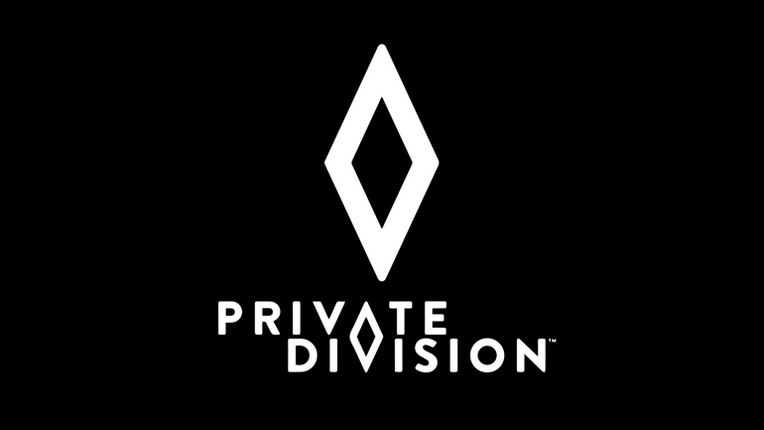Can You Take Private Loan Above COA? Unlocking Financial Opportunities for Your Education
Guide or Summary:Introduction to Private Loans and COAThe Importance of Understanding COAWhat Are Private Loans?Can You Take Private Loan Above COA?Benefits……
Guide or Summary:
- Introduction to Private Loans and COA
- The Importance of Understanding COA
- What Are Private Loans?
- Can You Take Private Loan Above COA?
- Benefits of Borrowing Above COA
- Considerations Before Taking a Private Loan
- Conclusion: Making Informed Financial Decisions
---
Introduction to Private Loans and COA
When considering financing options for education, students often encounter the term "Cost of Attendance" (COA). But what if you need more than the standard financial aid offers? This brings us to an essential question: Can you take private loan above COA? Understanding the dynamics of private loans can open doors to new financial opportunities, especially for those pursuing higher education.
The Importance of Understanding COA
The Cost of Attendance (COA) encompasses tuition, fees, room and board, books, supplies, and personal expenses. It represents the total amount a student may need to attend college for a specific academic year. However, COA may not cover all expenses, especially if you have additional costs like travel, technology, or unexpected emergencies. This is where private loans come into play.
What Are Private Loans?
Private loans are non-federal loans offered by banks, credit unions, and other financial institutions. Unlike federal student loans, private loans are based on creditworthiness and may come with varying interest rates and repayment terms. Many students and parents consider private loans for several reasons, including the need to cover expenses that exceed the COA.

Can You Take Private Loan Above COA?
The short answer is yes! Many lenders allow students to borrow amounts that exceed their calculated COA. This flexibility can be beneficial for students facing higher-than-expected expenses. However, it’s essential to approach this option with caution. Borrowing more than necessary can lead to significant debt after graduation.
Benefits of Borrowing Above COA
1. **Flexibility in Financing**: Borrowing above COA allows students to manage unexpected costs without disrupting their education. Whether it's a laptop for online classes or additional living expenses, having extra funds can ease financial stress.
2. **Opportunity for Better Education**: Sometimes, students may need to attend a more expensive institution or program that aligns with their career goals. Private loans can bridge the financial gap, enabling students to invest in their future.
3. **Building Credit History**: Taking out a private loan and managing it responsibly can help students build a positive credit history. This can be advantageous for future financial endeavors, such as buying a car or a home.

Considerations Before Taking a Private Loan
While the option to borrow above COA can be enticing, it’s crucial to consider the following:
1. **Interest Rates**: Private loans often come with variable interest rates that can increase over time. It’s essential to compare rates from different lenders to find the best deal.
2. **Repayment Terms**: Understand the repayment terms before borrowing. Some loans may require payments while you’re still in school, while others may allow for deferment until graduation.
3. **Total Debt**: Before borrowing, calculate how much debt you will have upon graduation. Aim to keep your total student loan debt manageable to avoid financial strain in the future.

Conclusion: Making Informed Financial Decisions
In conclusion, the question Can you take private loan above COA? is answered affirmatively, but it comes with responsibilities. Students are encouraged to explore all financial aid options, including scholarships, grants, and federal loans, before resorting to private loans. If you find that a private loan is necessary, ensure that you borrow wisely and understand the terms of your loan. Making informed financial decisions now can lead to a brighter, less stressful financial future after graduation.